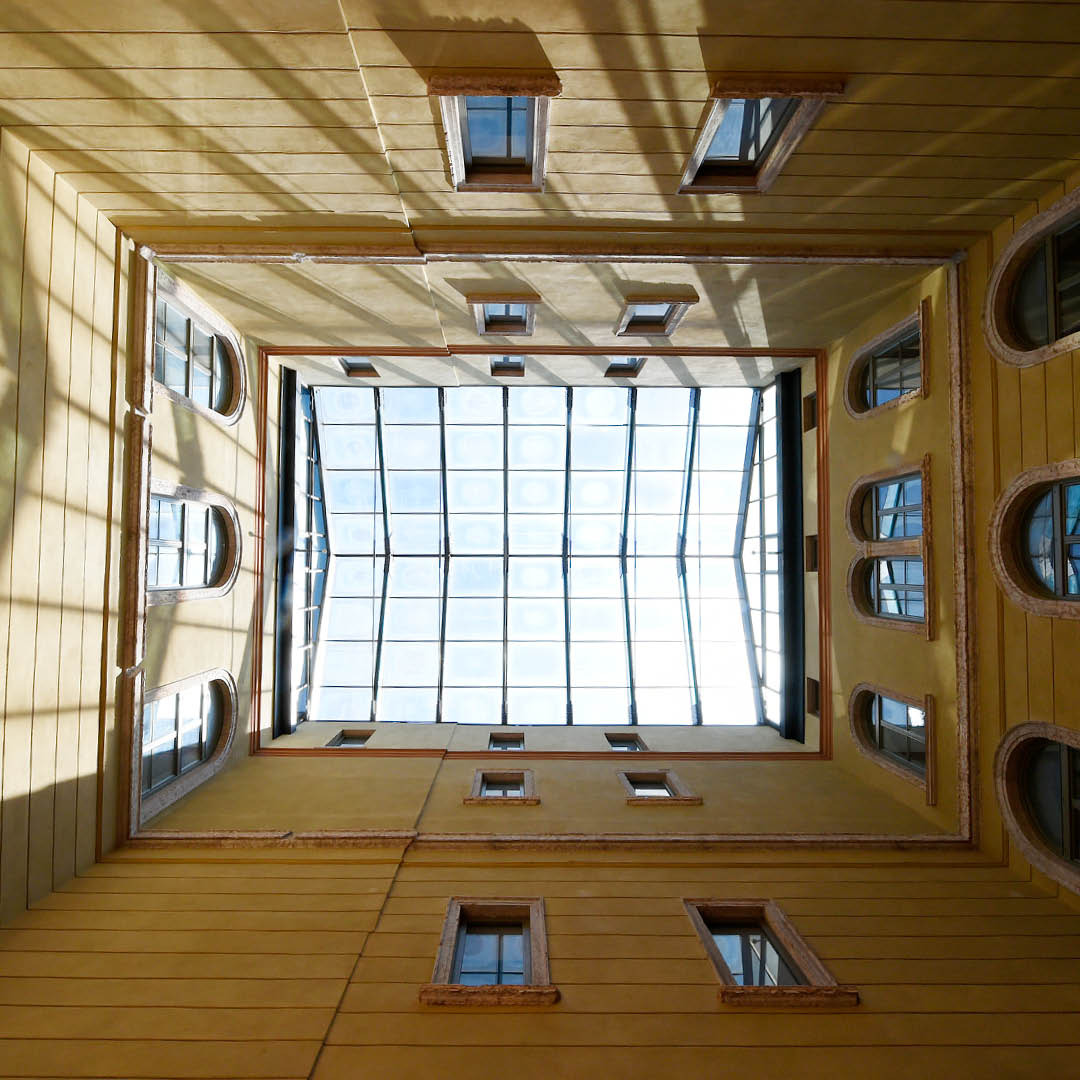
Drafting new Rules for Sustainabilty Transitions?

Agroecology argues that we need to shift the food system from an industrialized, global system to a locally and culturally adapted one which places humans and the environment at its center. Therefore, it shifts the foci point of organisation to the territorial level (and scale). The idea is that the meso scale of so called Agroecological Territoires (ATs) offer spaces where individual agroecological initiatives can organize collectively to develop local structures for alternative food networks and sustainable farming practices. But while there is a call to develop these new formal and informal structures, rules and norms (=institutions), it remains a black box how and what new modes of structuring human interaction are developing. Questions as to what governance structures do ATs have in place; why they choose certain modes of interaction, under which condition they form and if these arrangements are useful for upscaling agroecology remain understudied.
Cosidering that ATs, such as biodistricts, are very heterogenous in their form, structure and transition process, I would like to discuss how this research quest could potentially be addressed through the lense of new institutionalism (NI) by operationalizing Ostrom’s Institutional Analysis and Development Framework which has a long tradition of understanding collective action. As agroecology and ATs are transitonal processes, I want to combine NI with theoretical insides of Transition Theory understanding ATs as niches which are emerging in opposition to the current industrialized farming and food regime.